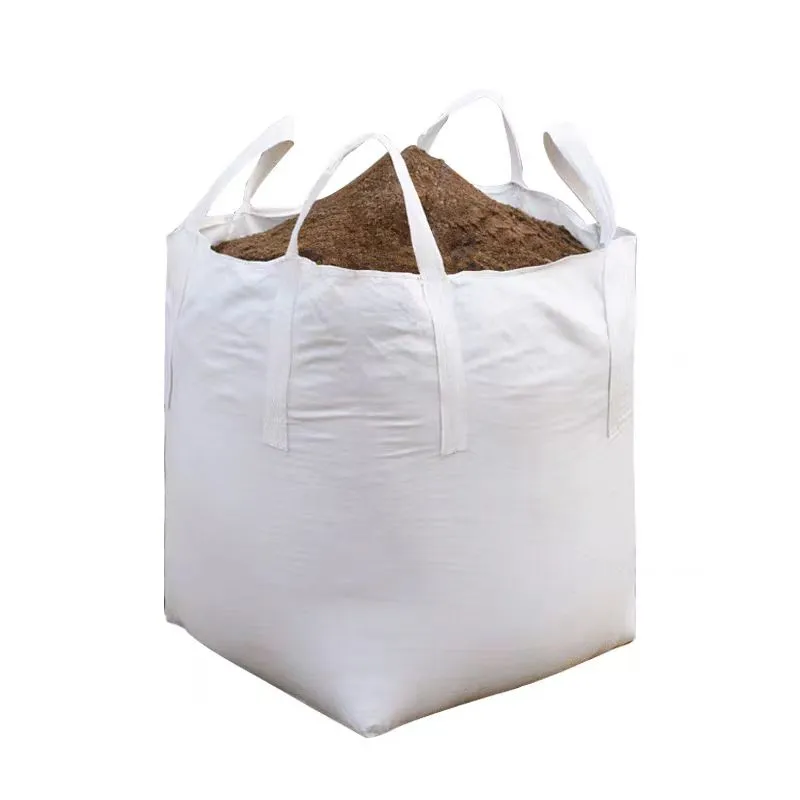Exploring the Versatility and Applications of Nylon Netting Material for Various Uses
Nylon Netting Material Versatile and Resilient Solutions
Nylon netting material has gained immense popularity across various industries due to its unique properties, durability, and versatility. Made from nylon, a synthetic polymer, this material is prized for its strength, elasticity, and resistance to wear and tear. From sports equipment to agricultural applications, nylon netting serves a myriad of purposes, showcasing its adaptability and performance.
One of the key advantages of nylon netting is its exceptional strength. It can withstand significant tension and is resistant to tearing, making it suitable for high-stress applications. This durability is particularly beneficial in sports settings, where nylon netting is commonly used in a variety of equipment, including tennis nets, volleyball nets, and soccer goal nets. The ability of nylon to retain its shape and resilience under pressure means that athletes can rely on consistent performance during gameplay.
In addition to its strength, nylon netting is also lightweight. This characteristic makes it easy to handle, transport, and install. Whether used for industrial purposes or recreational activities, the lightweight nature of nylon netting reduces the workload for users, enhancing efficiency. For example, in the construction industry, nylon netting can be used as safety barriers or to contain debris during renovation projects, offering essential protection without adding significant weight.
Furthermore, nylon netting material is resistant to UV rays, mold, and rot, which is essential for outdoor applications. In agriculture, nylon netting is utilized to protect crops from birds and other pests, helping to ensure a healthy yield. Its weather-resistant properties extend the life of the netting, offering farmers a reliable solution that can withstand the elements.
nylon netting material

Another area where nylon netting excels is in the production of marine products. From fish nets to crab traps, nylon's resistance to water and salt makes it an ideal material for various marine applications. The netting's ability to endure tough conditions while maintaining integrity ensures that fishermen can rely on their gear for successful catches.
Moreover, nylon netting is highly adaptable, allowing for customization in terms of size, mesh density, and color. This flexibility means that it can be tailored to meet specific project requirements, whether for industrial use or artistic endeavors. Designers and manufacturers can create unique products that cater to client needs, expanding the possibilities for the use of nylon netting in both commercial and creative applications.
Environmental considerations are also increasingly important, and nylon netting manufacturers are responding to this demand by exploring more sustainable production methods. Some companies are now producing recycled nylon netting, which reduces waste and promotes a circular economy, allowing consumers to make more environmentally friendly choices without compromising on quality.
In conclusion, nylon netting material represents a remarkable solution for a wide range of applications thanks to its strength, durability, lightweight nature, and resistance to environmental factors. From sports and agriculture to marine activities and beyond, its versatility continues to make it a preferred choice across multiple industries. As innovations in production and sustainability continue to evolve, nylon netting is poised to play an even more significant role in both existing and emerging markets. Whether you're an athlete, a farmer, or an industrial professional, the benefits of nylon netting are clear—it is a material that combines performance with practicality, a true testament to the advancements in material science.
-
The Versatility of Stainless Steel Wire MeshNewsNov.01,2024
-
The Role and Types of Sun Shade SolutionsNewsNov.01,2024
-
Safeguard Your Space with Effective Bird Protection SolutionsNewsNov.01,2024
-
Protect Your Garden with Innovative Insect-Proof SolutionsNewsNov.01,2024
-
Innovative Solutions for Construction NeedsNewsNov.01,2024
-
Effective Bird Control Solutions for Every NeedNewsNov.01,2024












